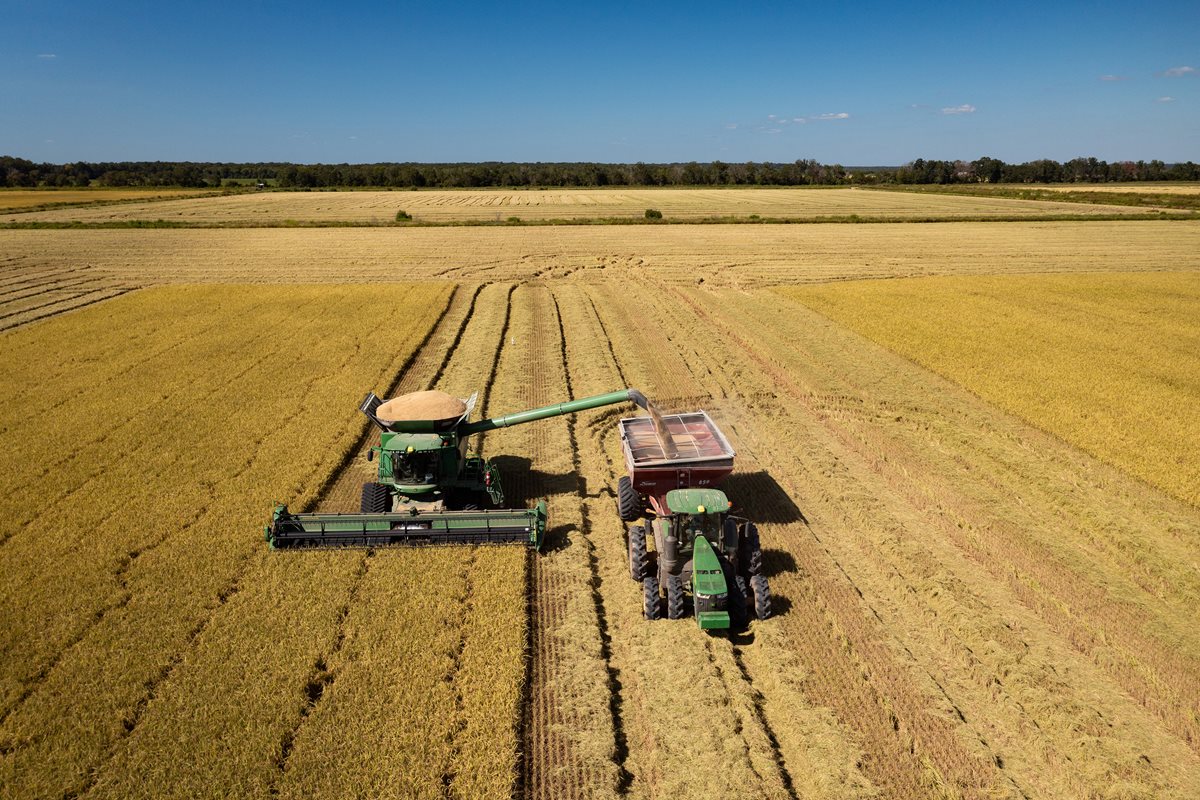Kellogg has announced the early results of InGrained, its five-year partnership with Lower Mississippi River Basin rice farmers to help reduce climate impact.
The program has so far helped farmers implement climate-smart irrigation practices to reduce over 1,600 metric tons of greenhouse gases, the equivalent of taking more than 345 gas-powered cars off the road for one year.
Kellogg piloted the program in Northeast Louisiana in collaboration with agricultural greenhouse gas measurement firm Regrow Ag, rice producers, Kellogg supplier Kennedy Rice Mill LLC., and agribusiness firm Syngenta.
Rice production emits methane gas in addition to other greenhouse gases. Methane, in particular, contributes roughly 1.5 percent of total greenhouse gas emissions, according to data from the World Resources Institute.
"Kellogg's Better Days environmental, social and governance (ESG) strategy is committed to supporting 1 million farmers and reducing Scope 3 GHG emissions across our value chain by 15 percent by the end of 2030," said Janelle Meyers, Kellogg's chief sustainability officer, in a statement. "Programs like Kellogg's InGrained contribute to this ambitious goal, create positive impacts on the planet and support the livelihoods of farmers who grow the rice for some of our most iconic foods."
Kellogg and its partners are exploring expanding the program to include various regions with different weather patterns and soil types to determine if similar positive impacts are found.
"Not only are we helping farmers implement new practices on their farms, but farmers are telling us that just as importantly, the quality of their rice was not affected by the adjusted irrigation practices," said Stacey Shaw, Syngenta's senior sustainability lead, in a statement.
Related: Orange Juice Prices Skyrocket; Industry Voices: How Specialty Food Stakeholders Innovate

